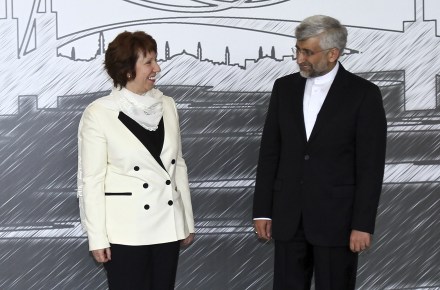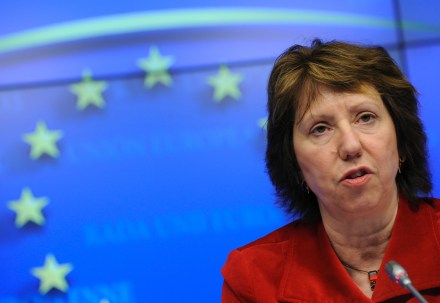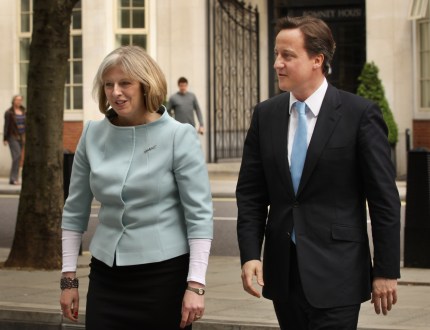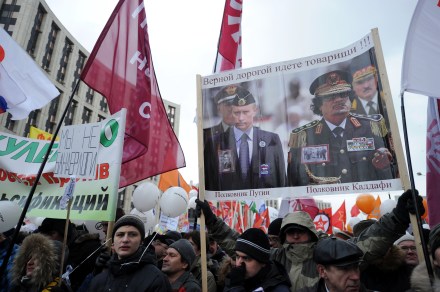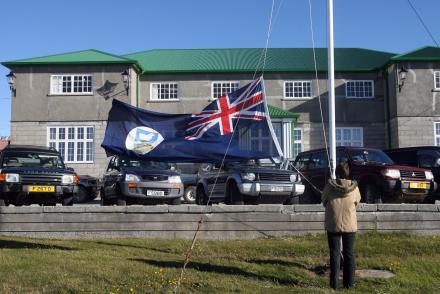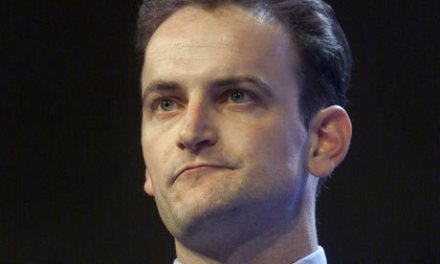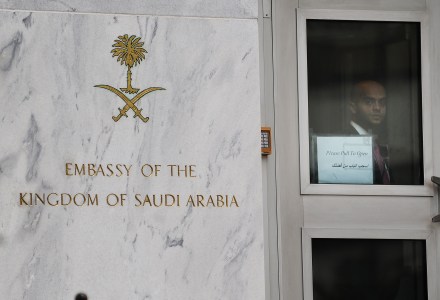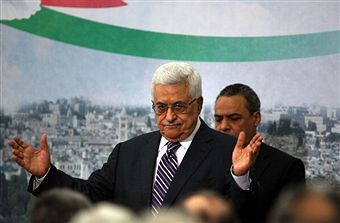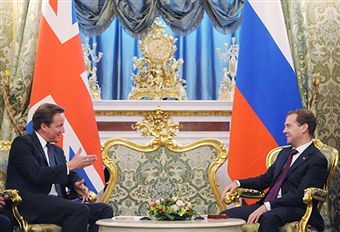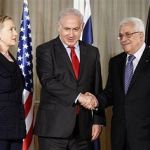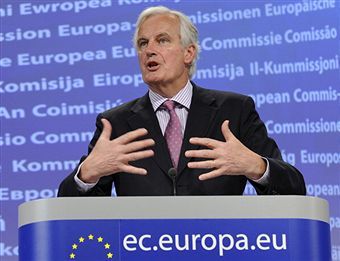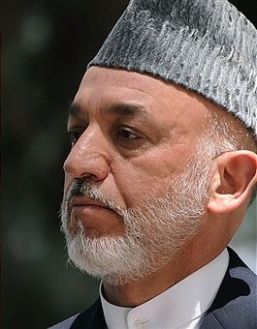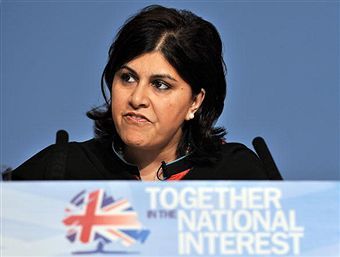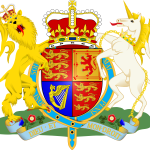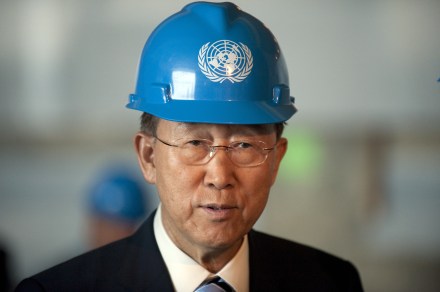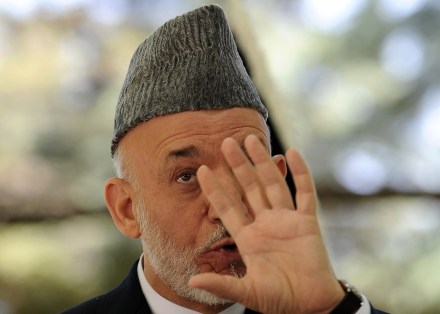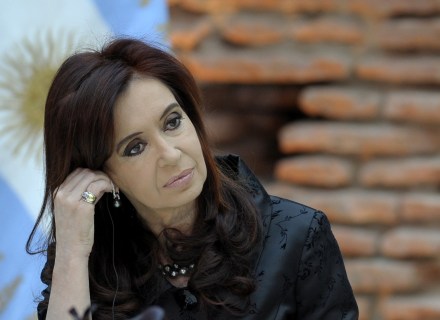Encouraging signs from talks with Iran
The weekend’s six power talks with the Iranians about their nuclear programme were more fruitful than many, including I, expected. It seems that the EU sanctions on Iranian oil and gas, which are due to come into force in July, have concentrated minds in Tehran. However, we won’t know whether the Iranians are just playing for time again until the next set of talks in Baghdad on the May 23. These six power talks are an imperfect vehicle in that the Russians and the Chinese take a far softer line than the French, British, Germans and Americans. But as James Blitz blogs over at the FT, one of the most
